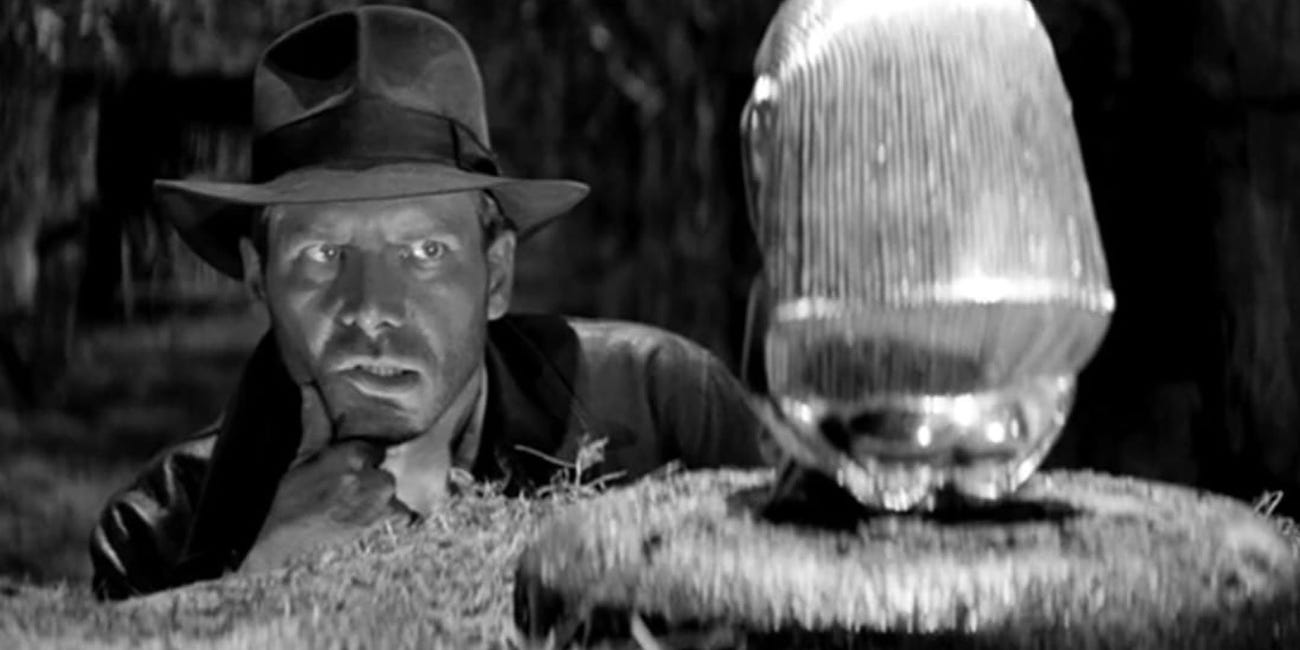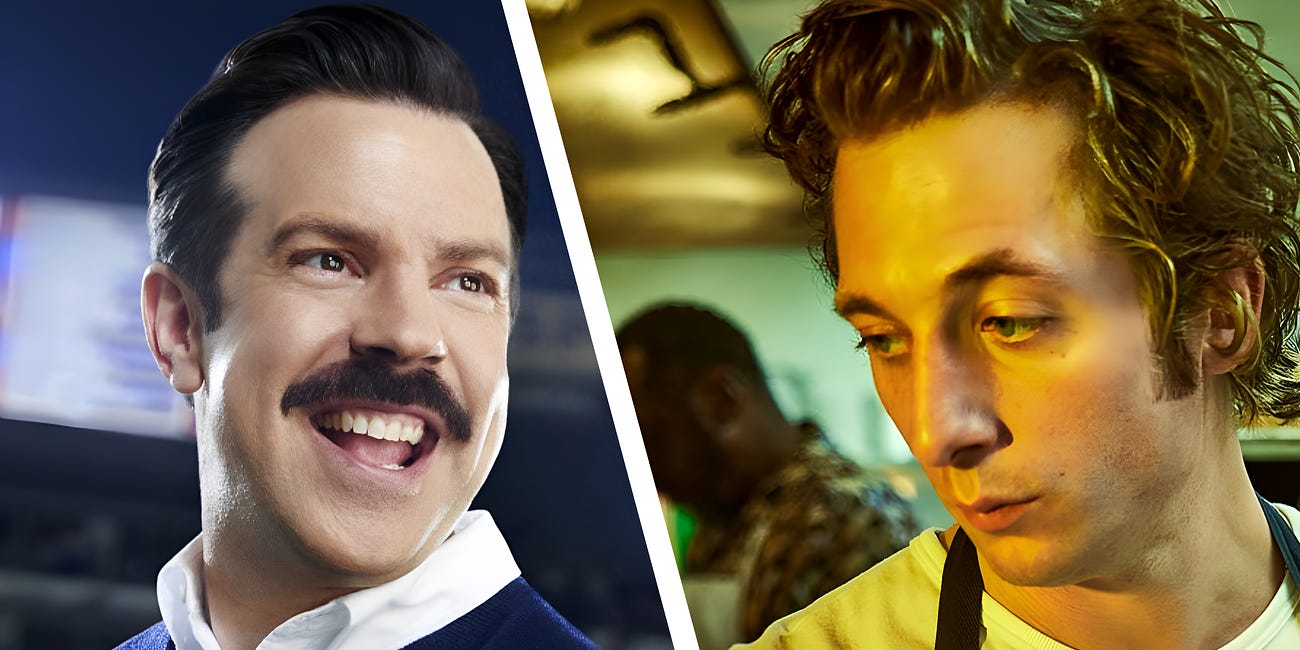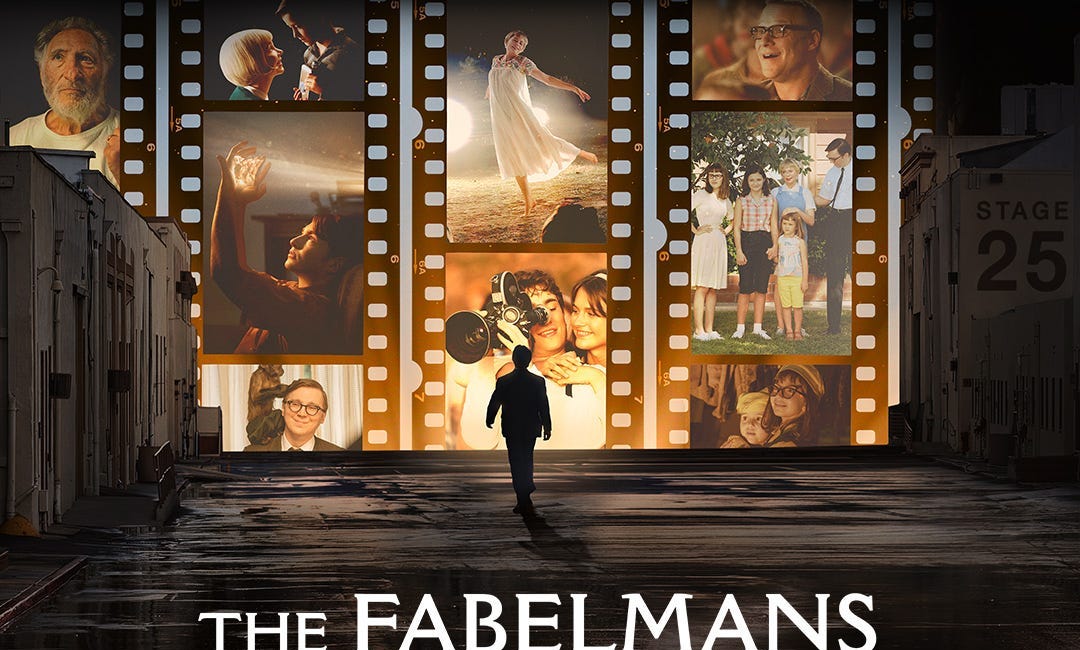What Would David Lynch Do?
Let's reflect on the legendary director's six tips for creative filmmaking
“My childhood was elegant homes, tree-lined streets, the milkman, building backyard forts, droning airplanes, blue skies, picket fences, green grass, cherry trees. Middle America as it’s supposed to be. But on the cherry tree there’s this pitch oozing out—some black, some yellow—and millions of red ants crawling all over it. I discovered that if one looks a little closer at this beautiful world, there are always red ants underneath.” - David Lynch
For almost fifty years, director David Lynch has scrubbed the beautiful veneer from our daily lives to reveal nightmarish truths about who we really are (and in particular, who Americans really are). From Blue Velvet to “Twin Peaks” to Mulholland Drive, his narratives mingle promiscuously with the dream world and vibrate at wavelengths of “weird” most who try to copy him only ever manage to mimic poorly. For this week’s resource issue of 5AM StoryTalk, I’m going to share with you Lynch’s six tips for creative filmmaking as he originally discussed via his MasterClass on creative and film. While Lynch fanatics (such as myself) won’t find much new in the class itself to chew on, it’s nevertheless a treat to listen to him just lay it out for you - especially in that voice of his, which I endlessly enjoy listening to. For Lynch neophytes, I strongly recommend you take the time to watch.
The following block quotes are presented in Lynch’s own words. They’re followed by my own commentary.
1. Write now, revise later.
“You don't want to be worried about how it comes out when it's starting to flow. As you go back later, you see where it's getting weak, and you take those things out."
If you’re a first-time screenwriter, it’s easy to become so critical of your screenwriting work that you never finish a first draft. Try writing your first draft with an open mind; it will not only be easier to complete, but easier to rewrite as well.
This is vital advice anyone experimenting with any form of writing should take to heart. Do not get in your own way by endlessly second-guessing yourself. You will learn more from finishing a bad first draft than writing one great chapter before you then talk yourself out of pressing on.
2. Protect your creative time from distractions.
"Every interruption just is like a knife stab in the middle of a thought. And you gotta start again. You start again. It's horrible. These days, there's interruptions around every corner, almost every second. You have to be somewhat selfish."
In other words, in order to focus and get some hard work done, it’s necessary to set aside uninterrupted time. Try turning off your phone and blocking social media, and tell others who may distract you that your work time is sacrosanct.
For the longest time, this advice meant nothing to me. I could write in a foxhole, quite honestly. I’ve written hundreds of pages of scripts and prose on buses and trains while surrounded by the chaos of rush hour. But at forty-seven, the distractions of my personal life have become too numerous — especially all things related to my kids — and I find my creative bandwidth is indeed beginning to contract in “louder”/distracting environments. And so, I now set down my phone. I refuse to visit social media until each block of work is done. I try to write with green leaves in sight. My creative space is, indeed, becoming more and more sacrosanct.
3. Follow your mind’s eye.
“What you're picturing and what you're hearing and what you're feeling when you read that script—it's just like catching ideas from the ether. And you remember what you saw, what you heard, and the feelings. And those are your ideas now to follow."
From pre-production through post-production, stay true to what you first felt and pictured when reading the screenplay. Let those emotions and ideas influence your creative decisions.
Here’s how I read this: focus on the reason why you cared to write this story in the first place. It’s the only test you need to apply to any decision you make or compromise others ask you to make. If you’re making decisions that fail that test, you’re doing it wrong. That said, most professional screenwriters are forced to “do it wrong” a lot because of notes they don’t agree with. Sadly, you can’t always draw creative lines in the sand when you also have to pay your bills. There is nothing wrong with keeping a roof over your head or food in your family’s mouths, my friends.
4. Prioritize your creative freedom.
"If you are interested in making your film your way, you have to have total creative freedom and final cut. Coming from the world of painting, I always say, no one walks into your room and says, ‘I don’t like that blue. Change it.’ It should be that way in film."
Having creative freedom doesn't mean you can’t take a good idea from a collaborator, but avoid putting yourself in a position where you're forced to take a bad idea.
This rule only applies to people attempting to direct their own films. Very few screenwriters are afforded this luxury and, as much as you would like to believe you’re one of them, you’re almost certainly not. That’s okay and normal.
5. Care about every detail.
"A film is made up of many elements, and you have to be true to every single, little, tiny element in order to have a chance that the whole holds together. If you're really true to every element and don't walk away until they feel correct, you can get a magical whole that is greater than the sum of its parts."
Work tirelessly to flesh out all the tiny details that will ultimately coalesce to bring your film to life.
Be a fanatic for detail in everything you create. Every decision is critical. Phone nothing in. Otherwise, why bother, my friend?
6. Lead with a positive attitude.
"A set should be like a happy family, almost like Thanksgiving every day. Congratulate people all the time for their good work. Create a safe feeling for the actors so they can go into a new character with as little fear as possible and really get in there deep."
The happier you make the cast and all the crew members on your film production—regardless of their status on the call sheet—the more you’ll spark creativity on set.
I haven’t directed myself, at least not yet, so I can’t opine much here. But I do have many filmmakers and actors for friends. I know many more. Happy sets produce better work. Creating art does not have to be painful despite the myths we’ve wrapped the act up in.
If this article added anything to your life but you’re not up for a paid subscription, please consider buying me a “coffee” so I can keep as much of this newsletter free as possible for the dreamers who couldn’t afford it otherwise.
If you enjoyed this particular article, these other three might also prove of interest to you:








Number 1 and 2 are a bible for me! Love your analysis on point 2 – everything's different in your 40s i regret to admit...
I read David Lynch's biography/memoir last summer while watching all of his movies in tandem. I learned that there are a lot of ways that I, and obviously most people, can never, ever be David Lynch. He's a uniquely driven and uniquely charismatic force that you can't just choose to be. He went through four marriages and burned millions of dollars of investor money while leaving them all happy with the time they spent with him, which is a skill very few people have and you can't develop whole hog. And he did it with an uncompromising philosophical commitment to art that would burn out even the most ardent creative people. Dude's a force of nature.
BUT, per these tips, his overall philosophy and mindset are definitely inspiring. I like to say it like this: finding David Lynch's work was like being given the permission to do the things I wanted to do, when I thought others might consider them the wrong things to do. Nobody can be David Lynch, but he does give a lot to the world in terms of ways people can be themselves.